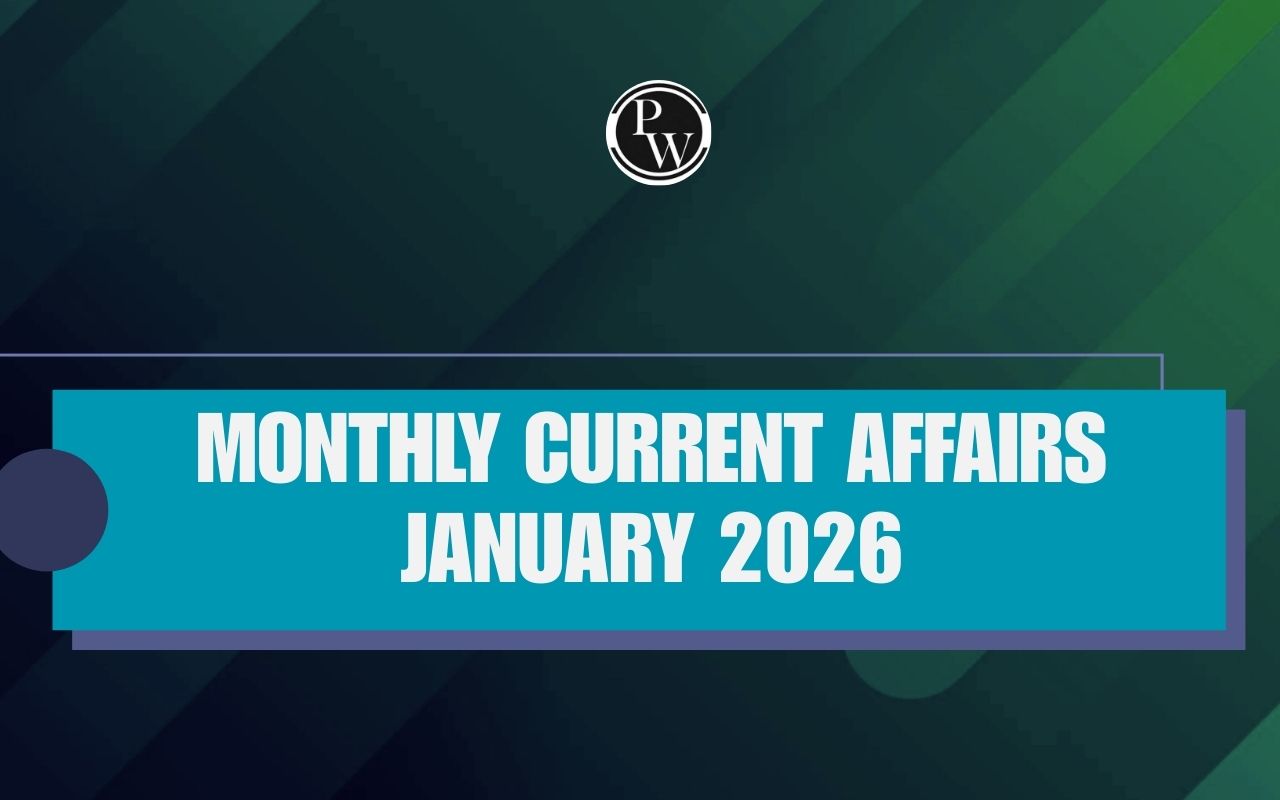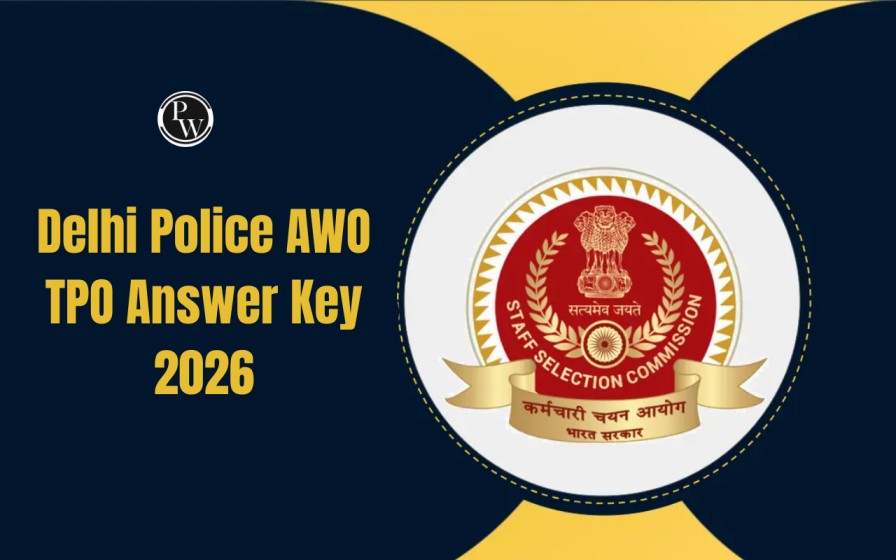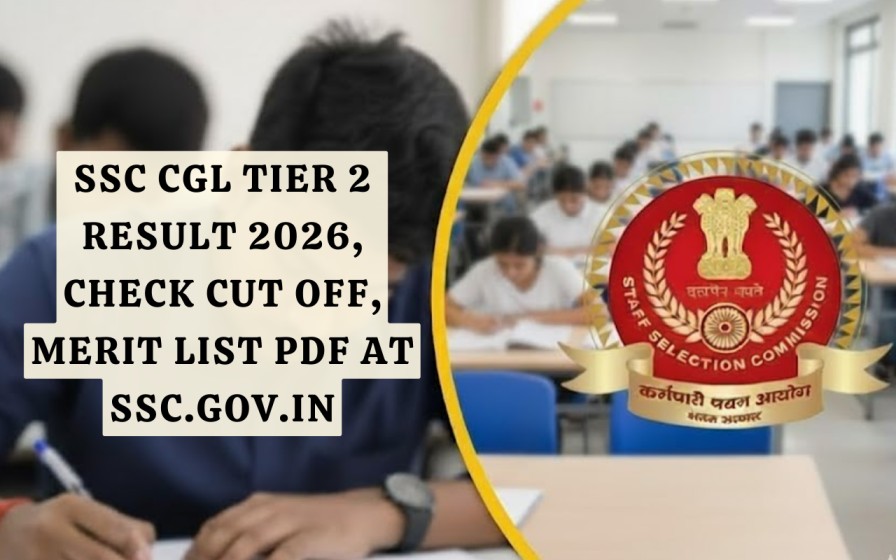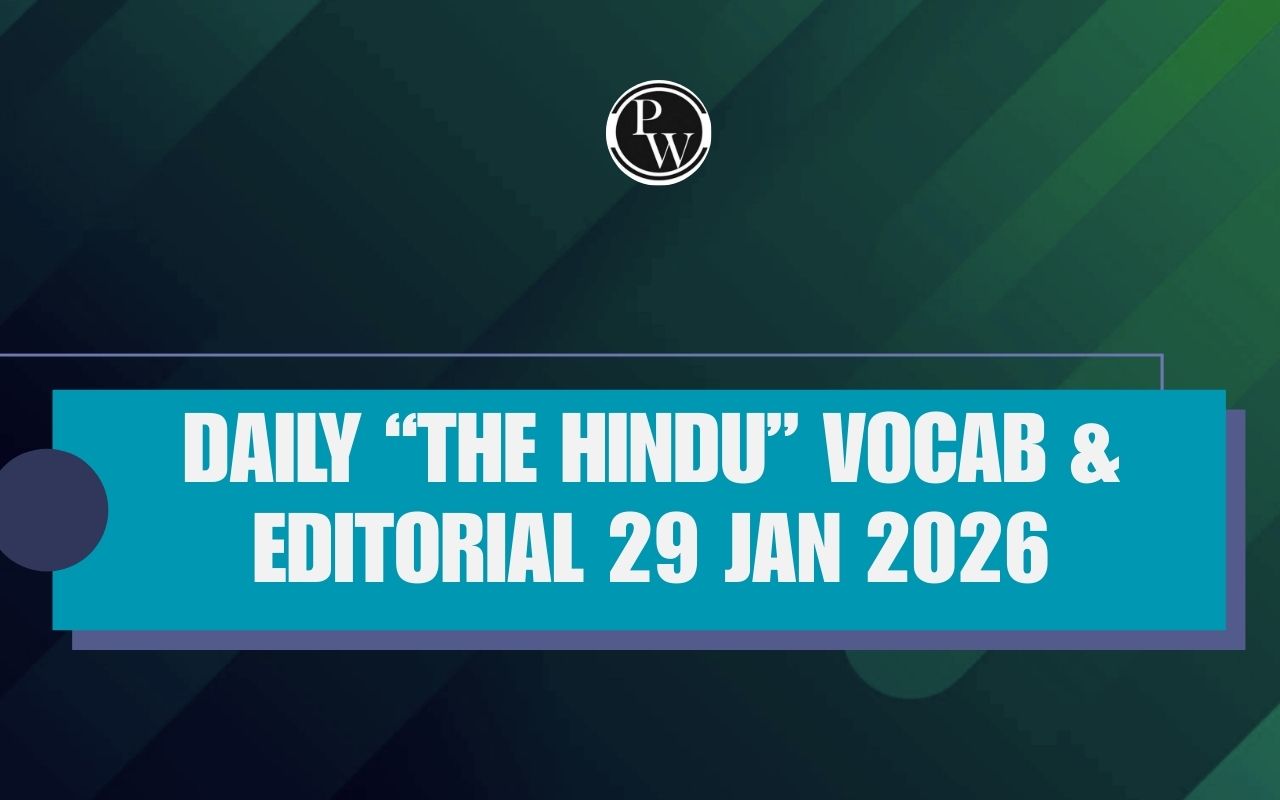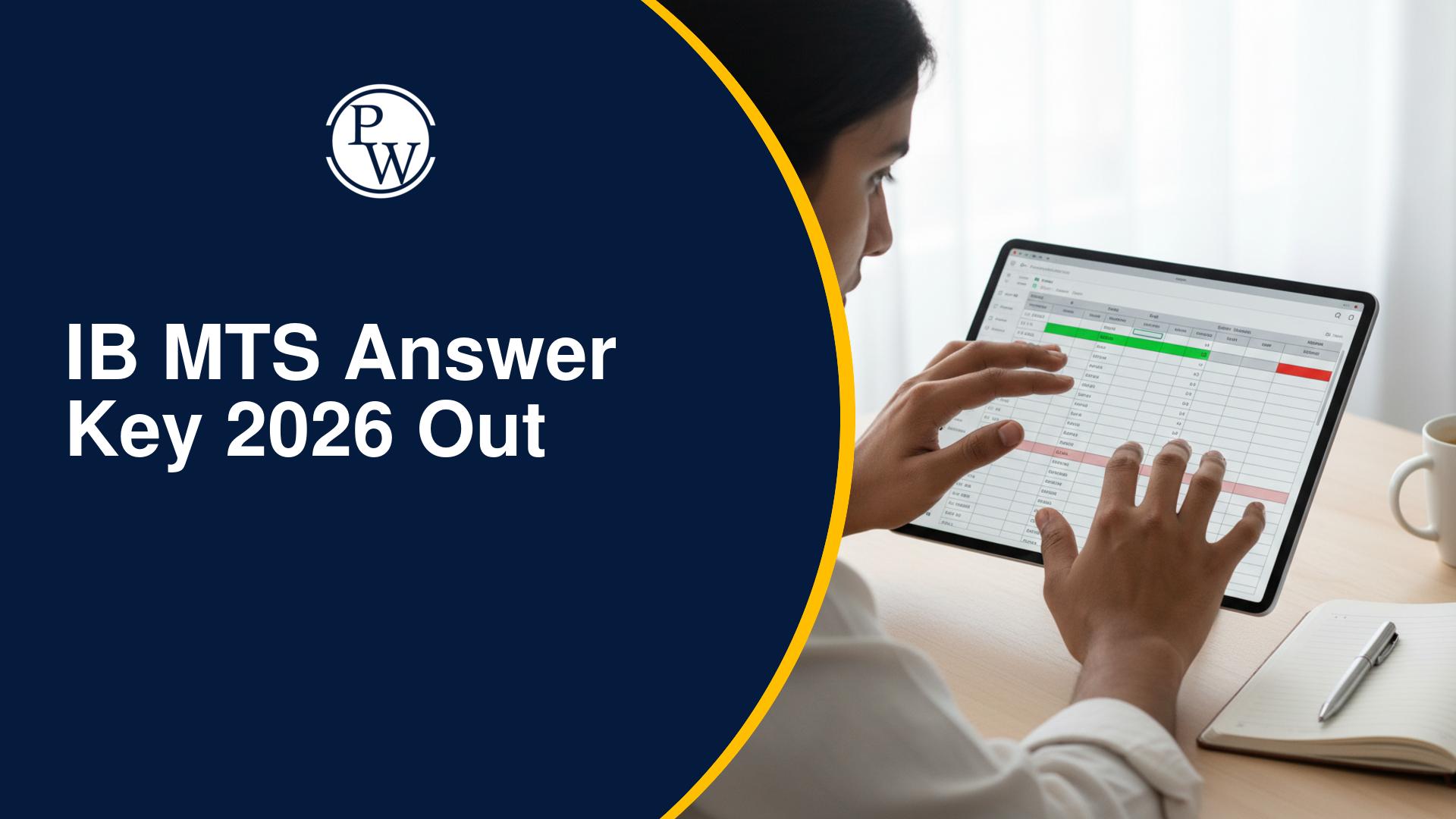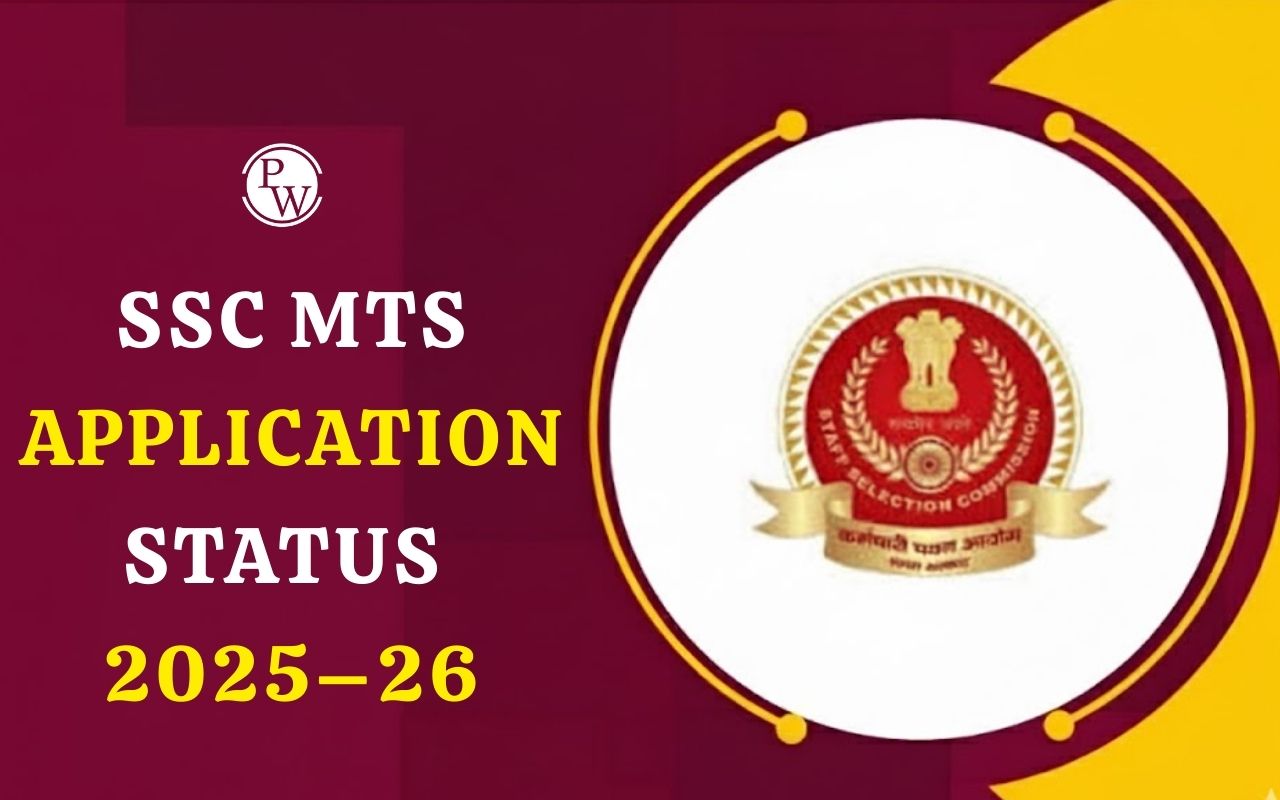
Intelligence Agencies in India: An intelligence agency is a vital government entity entrusted with gathering, analyzing, and utilizing information to support various national interests such as law enforcement, security, military operations, public safety, and foreign policy goals.
These agencies conduct a wide range of operations, both overt and covert, including espionage, intercepting communications, decrypting codes, collaborating with other organizations, and assessing public information. The process of collecting and disseminating this intelligence is referred to as intelligence analysis or assessment. Apart from the armed forces, intelligence agencies play a critical role in safeguarding the nation by countering both internal and external threats, thereby ensuring the safety and security of the country.Intelligence Agencies in India
An Indian Intelligence Agency collects important information from different places to keep the country safe. They focus on specific regions to investigate thoroughly and protect everyone. These agencies were created to solve the problem of not having enough knowledge and skills in these matters. One big job of these agencies is to stop terrorist activities. They work hard to prevent any attacks that could harm the country.Intelligence Agencies in India List
Indian intelligence agencies work hard in the background to collect and study important information vital for the country's safety. They handle everything from outside dangers to inside issues, playing a crucial role in fighting terrorism, planning defense strategies, and keeping law and order intact. With their commitment and knowledge, they keep India ready and well-informed in the changing security environment. These agencies also cooperate with other countries, sharing intelligence to boost security not just locally, but globally too.| Intelligence Agencies in India List | |||||
|---|---|---|---|---|---|
| Organisation | Year of Establishment | Incumbent Chief | Headquarters | Ministry | Primary Function |
| National Investigation Agency (NIA) | 2009 | IPS Kuldeep Singh | New Delhi | Home Ministry | Countering terrorism |
| Wildlife Crime Control Bureau (WCCB) | 2006 | Tilotama Varma | New Delhi | Ministry of Environment, Forest and Climate Change | Dealing with organised wildlife crime in India |
| National Technical Research Organisation (NTRO) | 2004 | Anil Dhasmana | New Delhi | Prime Minister’s Office | Responsible for geospatial intelligence and satellite imagery |
| Serious Fraud Investigation Office (SFIO) | 2003 | Keshav Chandra | New Delhi | Ministry of Corporate Affairs | Conducting multi-disciplinary investigations of major corporate frauds |
| Defence Intelligence Agency (DIA) | 2002 | Lt. Gen. KJS Dhillon | New Delhi | Ministry of Defense | Providing and coordinating defence and military intelligence |
| National Crime Record Bureau (NCRB) | 1986 | IPS Ramphal Pawar | New Delhi | Ministry of Home Affairs (MHA) | Serving as a repository of information on crime and criminals |
| Narcotics Control Bureau (NCB) | 1986 | IPS Satya Narayan Pradhan | New Delhi | Ministry of Home Affairs (MHA) | Combating drug trafficking and illegal substance usage |
| Research and Analysis Wing (R&AW) | 1968 | Samant Goel | New Delhi | Prime Minister’s Office (PMO) | Gathering information about counter-proliferation, foreign intelligence, and counter-terrorism |
| Central Board of Indirect Taxes and Customs (CBIC) | 1944 | IRS Vivek Johri | New Delhi | Ministry of Finance | Administering Customs, GST, Central Excise, Service Tax & Narcotics in India |
| Central Bureau of Investigation (CBI) | 1942 | Subodh Kumar Jaiswal | New Delhi | Ministry of Personnel, Public Grievances and Pensions | Investigating bribery, governmental corruption, and breaches of central laws |
| Intelligence Bureau (IB) | 1887 | Arvind Kumar | New Delhi | Ministry of Home Affairs | Handling domestic internal security and counter-intelligence |
| Computer Emergency Response Team (CERT) | 2004 | Sanjay Bahl | New Delhi | Ministry of Electronics and Information Technology | Dealing with cyber security threats like hacking and phishing |
Intelligence Agencies in India Details
National Technical Research Organisation (NTRO): Established in 2004, NTRO is a technical intelligence agency operating under the National Security Advisor in the Prime Minister's Office. It includes the National Critical Information Infrastructure Protection Centre (NCIIPC) and the National Institute of Cryptology Research and Development (NICRD). NTRO focuses on gathering intelligence through technical means for national security.
Research and Analysis Wing (R&AW): R&AW is India's primary foreign intelligence agency responsible for gathering foreign intelligence, counter-terrorism, and advising policymakers. It plays a crucial role in ensuring the security of India's nuclear program.
Aviation Research Centre (ARC): A part of R&AW, ARC conducts aerial surveillance, photo reconnaissance flights, and monitoring of borders using state-of-the-art equipment fitted on aircraft.
Radio Research Centre (RRC): Under R&AW, RRC is a premier communication and signal intelligence agency involved in intercepting and monitoring communication, cryptography, and working closely with the Joint Cypher Bureau.
Electronics and Technical Services (ETS): ETS, a part of R&AW, focuses on electronic intelligence (ELINT), including roles in electronic warfare (EW), telemetry, and tracking. It plays a critical role in safeguarding India's national security interests.
Intelligence Bureau (IB): IB is India's internal intelligence agency, responsible for domestic internal security and counter-intelligence operations. Established in 1887, it's one of the oldest such agencies globally.
National Cyber Coordination Centre (NCCC): NCCC is an operational cybersecurity agency tasked with monitoring communication metadata and coordinating intelligence activities related to cybersecurity threats.
Directorate of Revenue Intelligence (DRI): DRI is India's top anti-smuggling intelligence agency, working under the Central Board of Indirect Taxes and Customs (CBIC). It focuses on preventing smuggling and illegal activities that threaten India's economic security.
Joint Cipher Bureau: Working closely with IB and R&AW, the Joint Cipher Bureau is responsible for cryptanalysis and encryption of sensitive data to safeguard national security interests.
All India Radio Monitoring Service (AIRMS): AIRMS monitors broadcasts in India and from abroad, working in liaison with R&AW and military intelligence to gather intelligence through radio broadcasts.
Defence Intelligence Agency (DIA): Established in 2002, DIA is the nodal agency for all defense-related intelligence, overseeing functions related to defense and military intelligence coordination.
Signals Intelligence Directorate: This joint service organization monitors military links of other countries using Wireless Experimental Units (WEUs) to gather signals intelligence.
Central Monitoring Organisation: Under the Ministry of Defence, CMO monitors the use of radio spectrum by various users, including defense, police, railways, and public sector units.
Telecom Enforcement Resource and Monitoring (TERM): TERM, under the Department of Telecommunications, ensures vigilance, monitoring, and security of the telecom network, including operating the Central Monitoring System (CMS).
National Crime Records Bureau (NCRB): NCRB, established in 1986, collects and analyzes crime data to assist investigators in linking crimes to perpetrators, operating under the Ministry of Home Affairs.
To succeed in upcoming exams, candidates should consider exploring PW SSC Books We provide high-quality content at an affordable price, including sample papers, mock tests, guidance sessions, and more to ensure aspirants secure their selection. Also, enroll today on SSC Online Coaching to turn your dreams into reality.| Other Related Links | |
| Tiger Reserves in India | National Parks in India |
| Biosphere Reserves in India | Elephant Reserves in India |
Intelligence Agencies in India FAQs
Which is the oldest intelligence agency in India?
When was NIA established?
What are the Top Intelligence Agency of India?
What is the name of Intelligence Agency of Indian Army?


